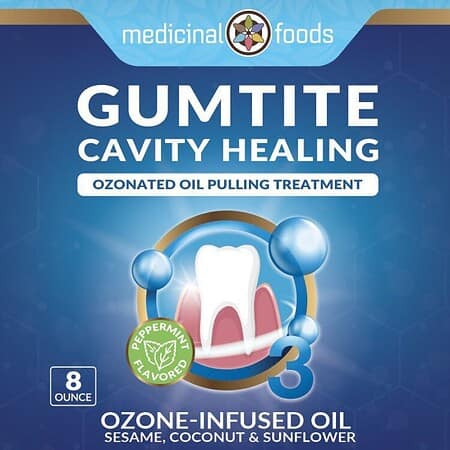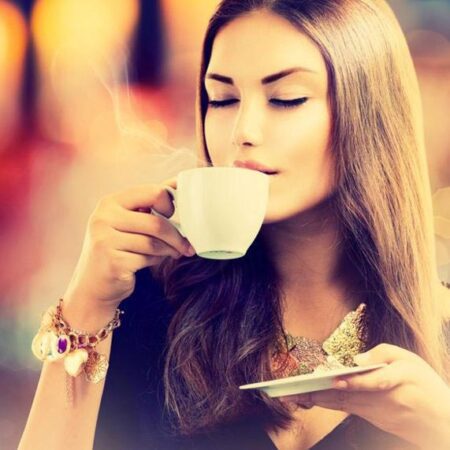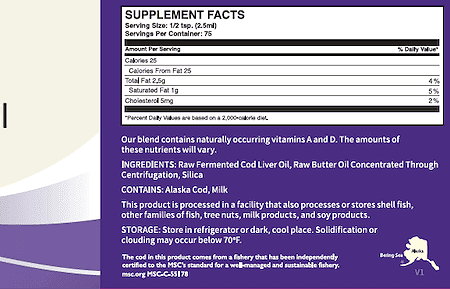Supplements to balance hormones may be a source of concern for many women, especially during perimenopause.
Women’s health is impacted by various distressing fluctuations, impacting almost every area of their lives, and ours as well.
When their hormones are out of whack, they may experience dramatic mood swings and irritability. They might have difficulty sleeping.
A lack of interest in life or a reduction in sexual desire is possible. They may put on weight. They may lose their motivation and enthusiasm for life.
Their relationships may suffer as a result, and they could feel as if their quality of life has suddenly decreased.
Fortunately, there are several tried-and-true techniques to restore hormonal balance.
The best way is to ensure you’re getting all the required hormone-balancing nutrients from your diet. Certain vitamins and supplements may help as well. With the appropriate approach, relief is feasible.
Hormones and your health
Hormones are chemical messengers that aid in communicating and executing processes throughout your body cells. They’re the fundamental building blocks of your endocrine system, which controls growth and development, reproduction and metabolism, body temperature, as well as mood.
Your body’s endocrine system maintains a stable state of homeostasis via hormones and the endocrine system. As a result, having an endocrine imbalance — either too little or excessively much of a certain hormone – might have negative consequences.
Hormonal imbalances can lead to various health issues, including oxidative stress, infertility, and endocrine disorders such as thyroid disease. Women’s hormone levels fluctuate naturally from time to time throughout their lifecycle, particularly during puberty, pregnancy, and menopause.
Signs of hormonal imbalances in men can also occur at puberty or as they get older, although they are generally slower and less apparent than those experienced by women.
Potential causes of a hormonal imbalance
Many things can assault your endocrine system, causing hormone imbalance and dysfunction. The longer a system is out of balance, the more challenging it becomes to return it to normal.
Early detection and correction of hormone imbalances may help you avoid chronic illness by keeping your health stable and developing the disease.
The most prevalent underlying causes of hormone imbalance include:
-
Chronic stress
-
Diabetes
-
Poor diet
-
Cushing syndrome
-
Birth control or hormonal replacement
-
Underactive thyroid
-
Overactive thyroid
-
Exposure to endocrine disruptors
So, how can you know if you have a hormonal imbalance? Learn the symptoms of hormonal imbalance to watch for and natural treatments that can aid in hormone balance.
However, the following are some common indicators of hormonal imbalances to look out for:
Anxiety
The National Institute of Mental Health estimates that approximately 18 percent of Americans suffer from an anxiety-related problem and 7 percent from a major depressive condition annually.
Women are more likely to develop depression due to fluctuations in estrogen throughout the menstrual cycle, pregnancy, or menopause. In humans, estrogen has been found to calm the fear response and anxiety.
Higher estrogen levels were associated with less fearful reactions when fear-inducing events were presented. Compared to men with normal testosterone levels, those with low levels are more likely to develop anxiety or major depressive disorder.
Fatigue
Everyone gets weary at times. However, it would help if you recuperate with enough rest, hydration, and a balanced diet.
Consider having a thorough hormone evaluation if you feel that you are taking care of yourself yet remain tired or can’t seem to get back to your best.
Adrenal fatigue and hypothyroidism are more common nowadays than you might believe, and a hormonal imbalance test can aid in the diagnosis of this.
Changes in blood pressure
The hormone system is essential for your heart’s health, especially owing to one of the body’s major hormone-producing glands, the pancreas. The pancreas is in charge of insulin production, which controls blood sugar levels.
If you don’t regulate this hormone, your body may have too much glucose in the blood, causing cardiovascular issues such as high cholesterol or high blood pressure. High blood pressure, sometimes known as hypertension, has been connected to thyroid disease, testosterone inadequacy, growth hormone excess or deficiency, and more.
Weight gain or difficulty losing weight
Why are so many people overweight and unable to keep the weight off? Usually, it’s because they’re eating low-nutrient meals and working too much.
When the body is stressed, it enters "survival" or "fight or flight" mode, stimulating cortisol production. When you’re constantly tense, your cortisol levels are always high, and your body keeps fat as a reserve of energy to defend itself against whatever terror it detects.
Best hormone balance supplements
Dietary supplements should not be used to take the place of treatment, nor should they be used in place of those vitamins and minerals acquired from a nutritious diet. They can, however, be utilized to aid hormonal balance.
Supplements are usually not harmful and may help you live a healthier lifestyle. However, speak with your doctor before taking any supplements since some may counteract the effects of your current medications or health issues.
The following are some supplements that may help you achieve hormonal balance:
A healthy diet is the key
You should always start with food when meeting your required macro and micronutrients to balance hormones. Supplements can be beneficial, but there’s no replacement for real, whole foods – the ones that are straight from the earth as nature intended.
Like all other parts in your body, the endocrine system requires particular nutrients to function effectively.
Vitex Agnus-Castus (Chasteberry)
Vitex agnus-castus is a supplement that has been used in folk medicine to treat menstrual cycle problems. Vitex agnus-castus may help relieve premenstrual symptoms such as mood swings, headaches, and breast tenderness by assisting in regulating estrogen, progesterone, and prolactin levels.
Vitex agnus-castus may help with female reproductive problems and efficiently treat premenstrual syndrome.
Magnesium
Magnesium is a required mineral that helps to control hormones. Although you can supplement with magnesium and even use a spray on your skin, there’s no better way to get the mineral than through the foods you consume.
To ensure you’re consuming adequate magnesium, eat a lot of dark leafy greens. Seeds such as flax, pumpkin, and chia will also help nourish your hormones.
They’re high in magnesium and other hormone-healthy compounds. Legumes also include magnesium. Some of the greatest legumes for magnesium intake are beans, lentils, and chickpeas.
Avocados are also helpful for your hormones. They’re great sources of magnesium and B vitamins, vitamin K, and potassium. Furthermore, suppose you’re attempting to battle weight gain that often accompanies hormonal changes.
In that case, avocados are shown in a study published in Nutrition Journal to aid in weight reduction due to their high amounts of monounsaturated fat.
Milk Thistle
Milk thistle is a flowering plant with antioxidant properties. It’s usually ingested orally as a capsule, tablet, or liquid extract to aid liver health.
Because the liver is responsible for regulating sex, thyroid, and adrenal hormones, it serves an essential function in hormone health. Milk thistle stimulates healthy liver metabolism and detoxification by promoting hormones in the liver.
Contaminants can build up and cause hormone imbalances when the liver is congested.
Raspberry Leaf
The raspberry plant is the source of raspberry leaf. It’s most often consumed in tea, although it may also be taken as a pill.
It’s renowned for its anti-inflammatory, pain-relieving properties and alleviating menstrual cramps in menstruating women. It may also be used to assist with childbirth preparation.
In animal research, raspberry leaf has been found to have therapeutic benefits for the perimenopausal period. Many women experience unpleasant menopausal symptoms due to hormonal imbalances, and raspberry leaf and teas may assist.
Women’s Tonic
Women’s Tonic is a latte powder that aids in hormone regulation and deals with the challenges associated with PMS. When it comes to hormone balance supplements, Women’s Tonic is the best.
The product combines twelve herbs (Schisandra, Longan, Lychee, Cinnamon, Morinda, Polygala, Dong Gui, Wild Yam, White Peony, Carthamus) into a gluten-free non-GMO formula that harnesses the power of nature.
The product alleviates muscular pains, menstrual cramps, and acne while also being particularly effective in dealing with menopause symptoms PMS symptoms, nurturing feminine energy, and providing you immediate emotional comfort.
It’s a natural way to cure or at least relieve hormone imbalances. It works by preventing the action of testosterone. The product may help keep your immune and nervous systems strong while providing a natural energy boost.
Conclusion
Everyone, especially women, should regularly have their hormone levels checked by a medical professional. Hormone imbalances can result in various health problems and adverse effects, so it is critical to maintaining your hormones in balance.
Although incorporating the above supplements and foods into your daily routine cannot replace professional care and therapies, they may help relieve symptoms related to hormonal imbalances.
If you are concerned that your hormone levels are out of balance, you should seek medical assistance.


